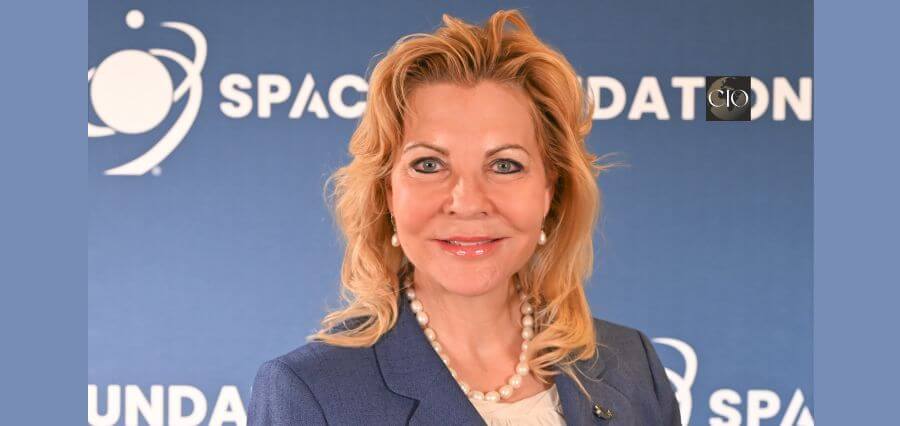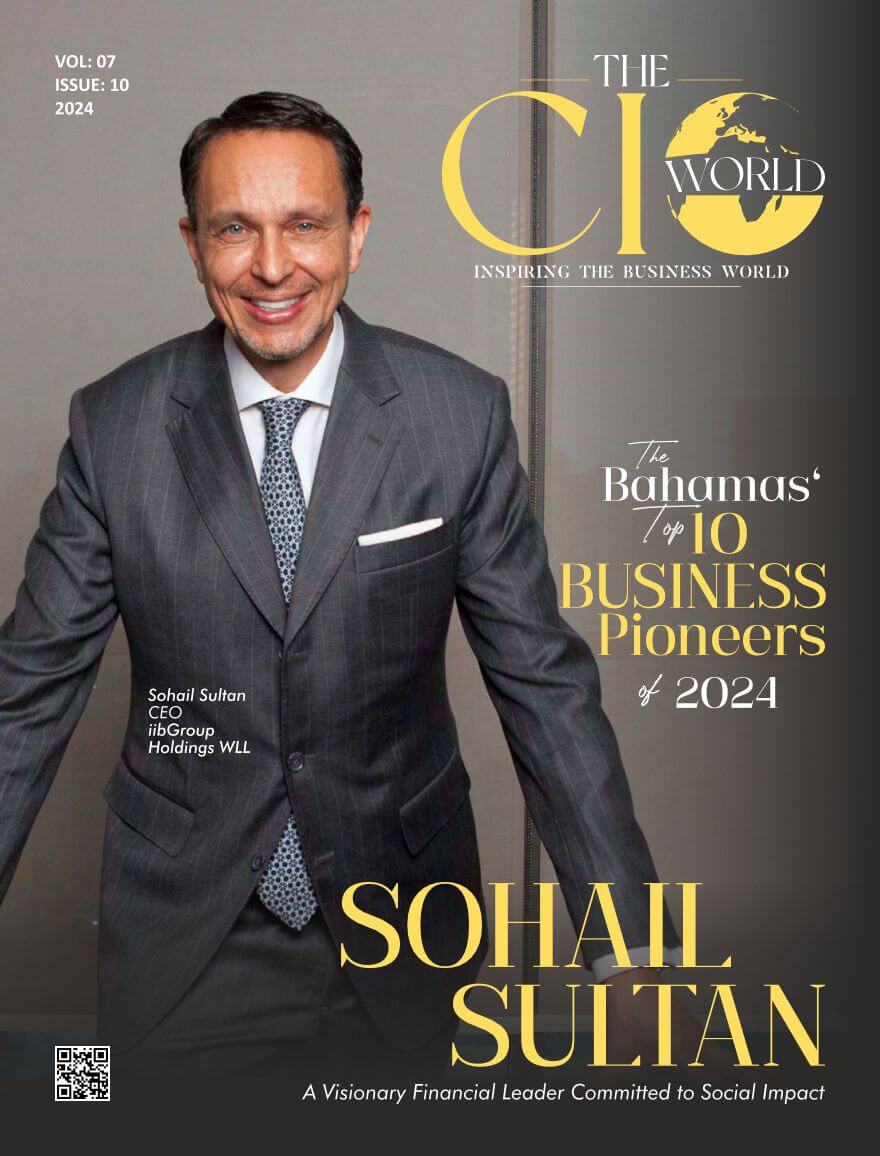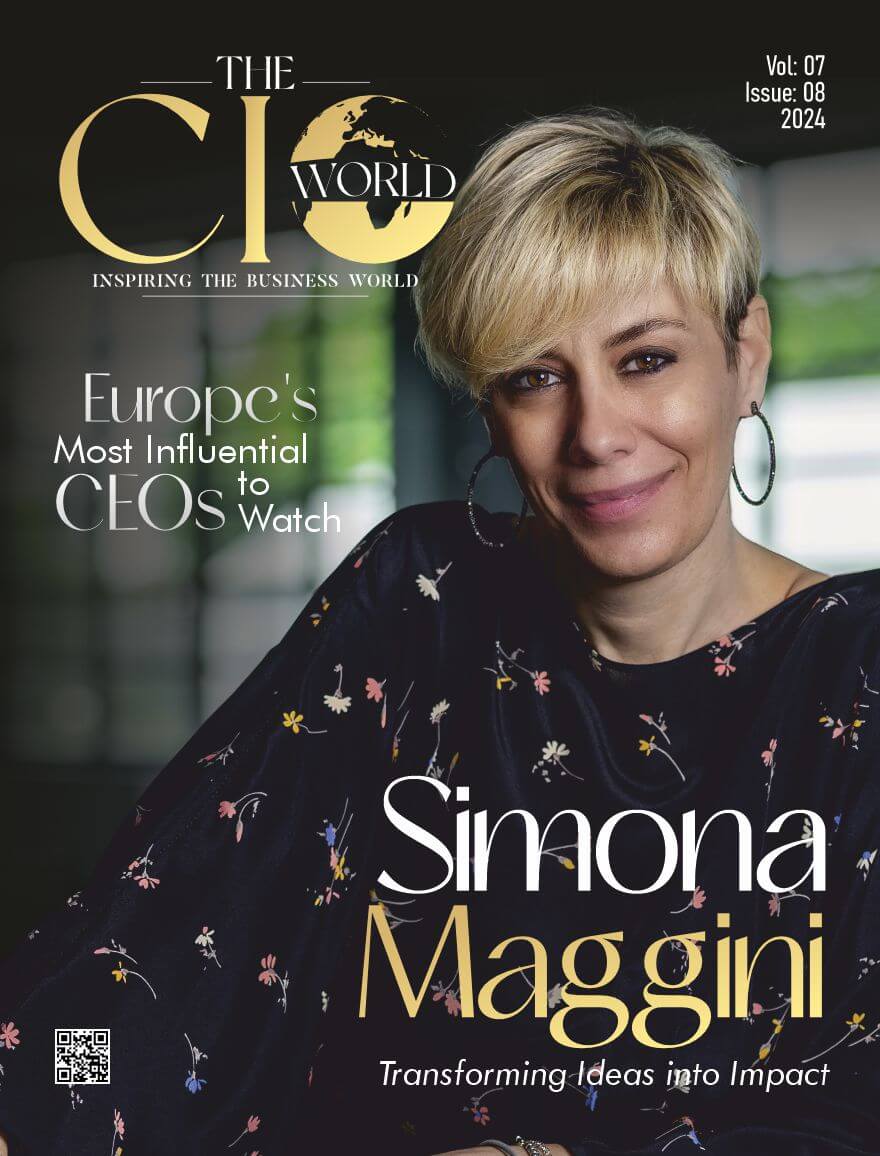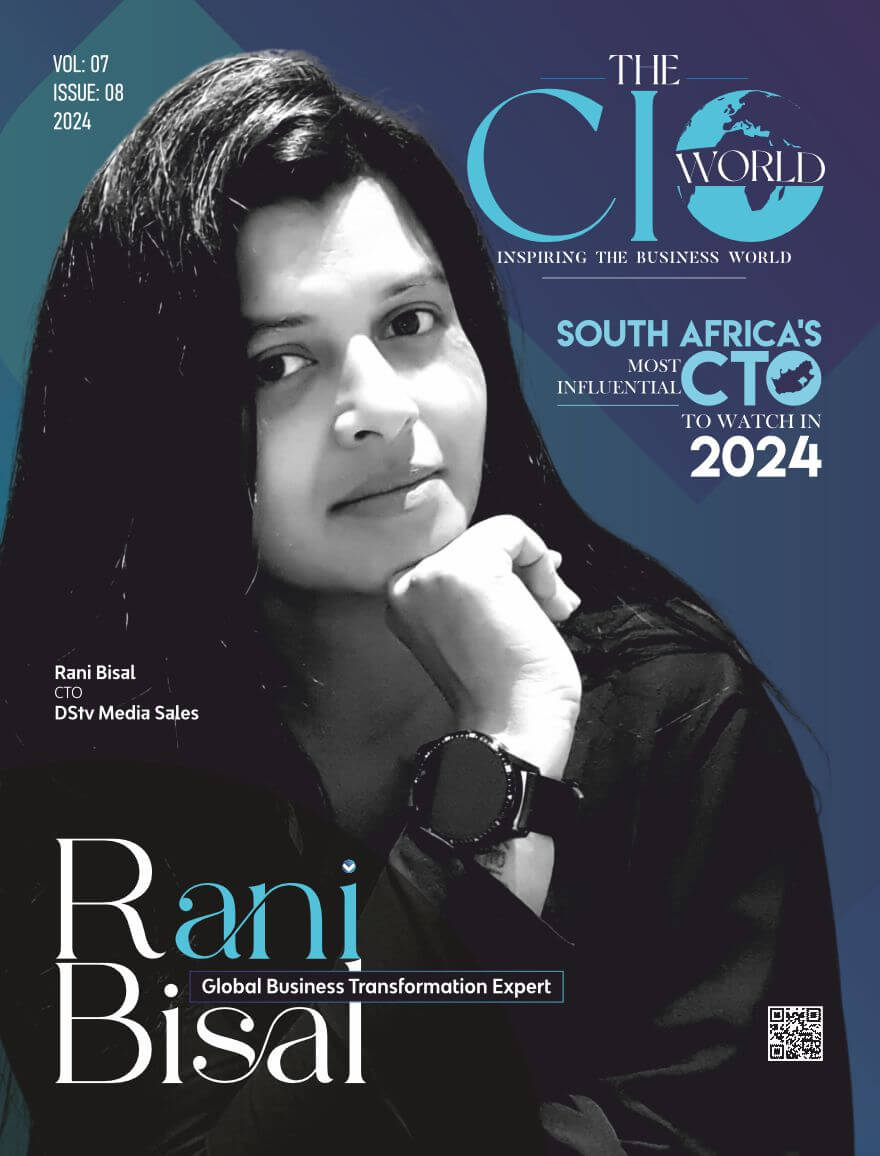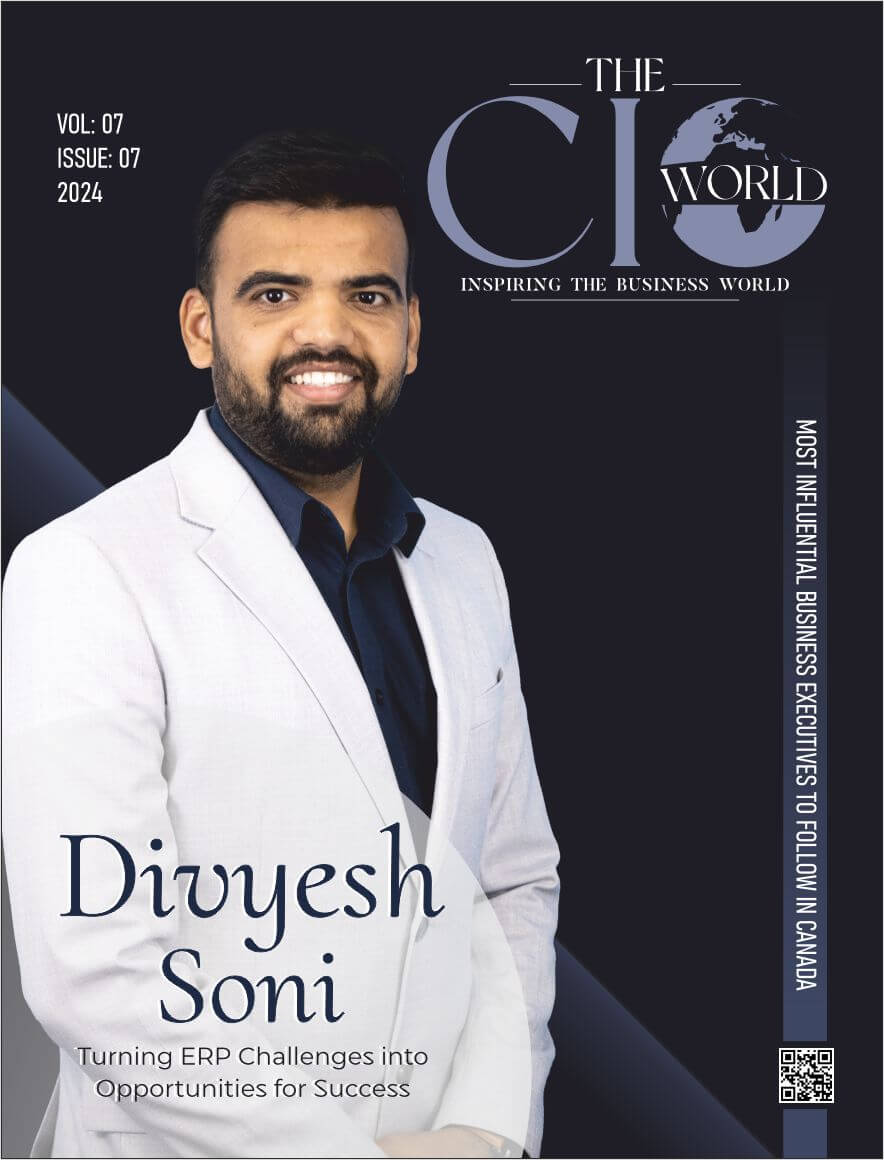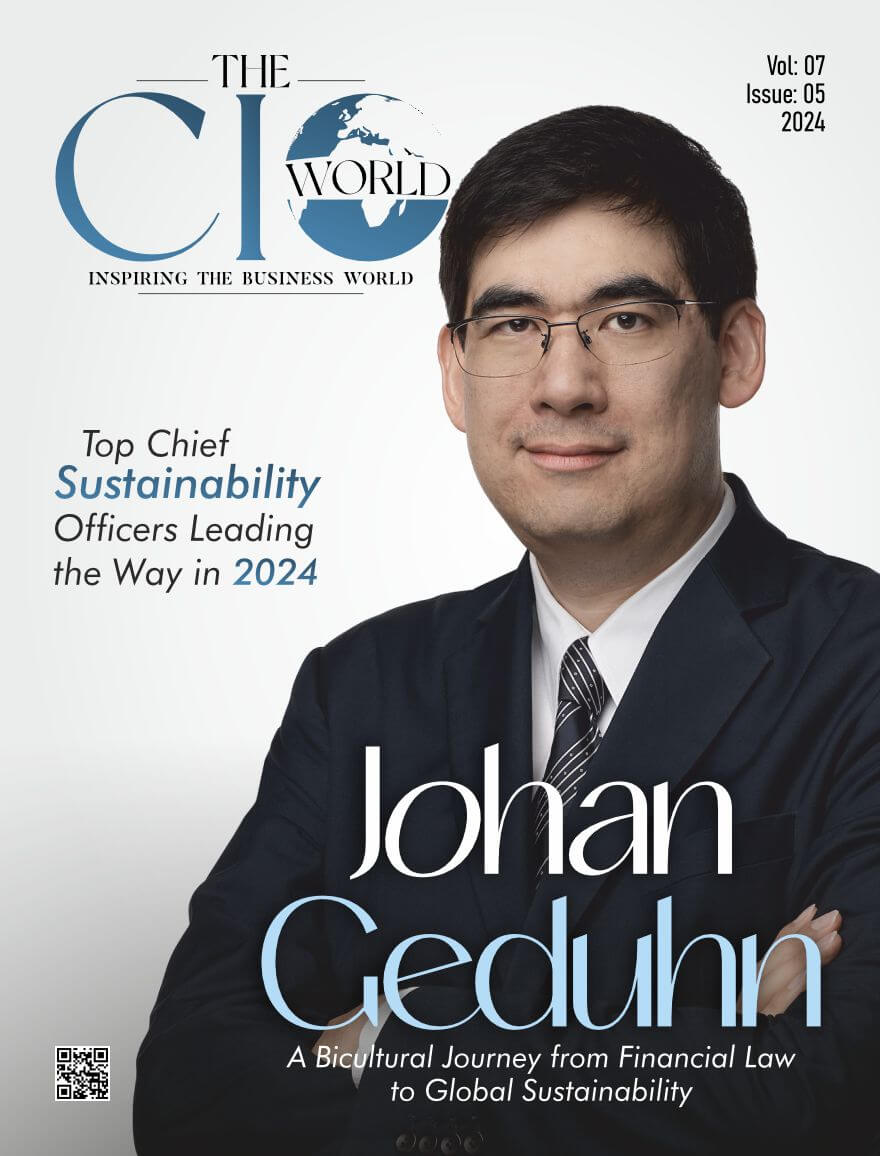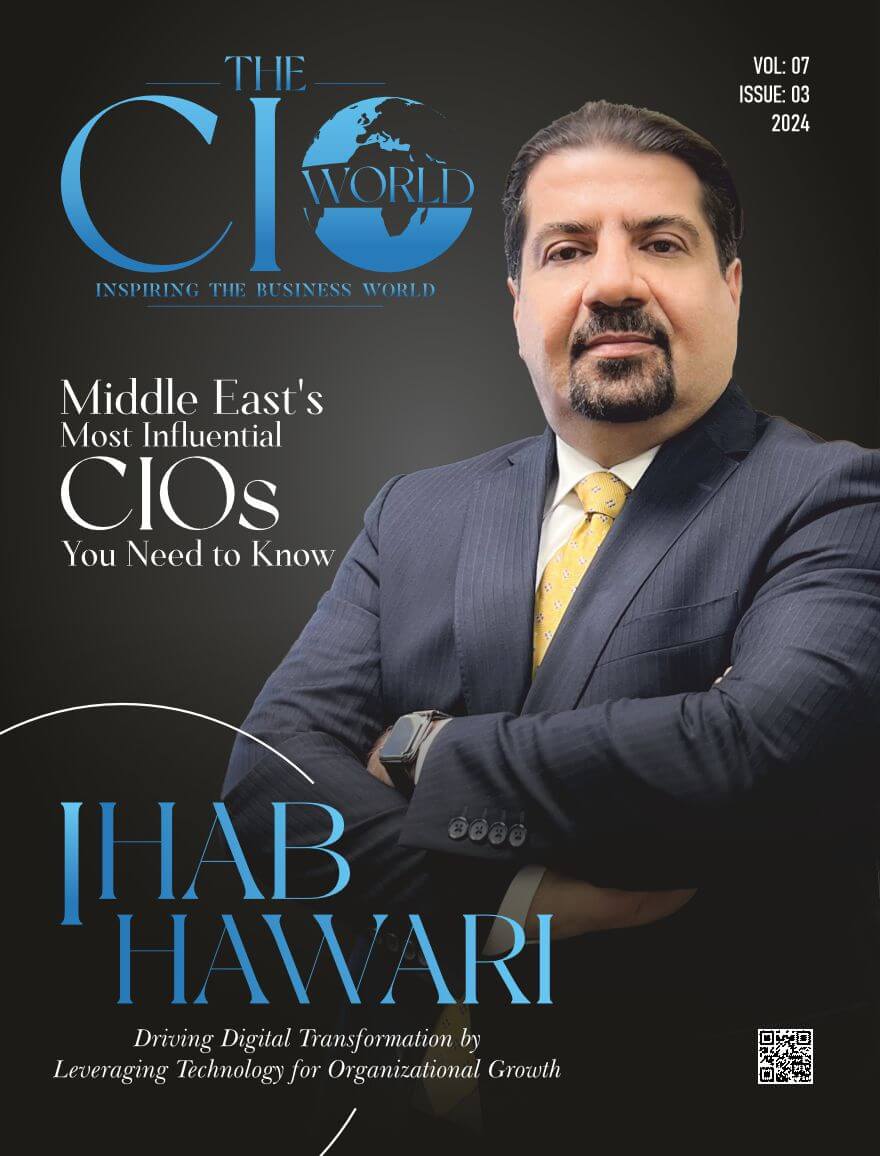Advocating Space Technology Innovation, Entrepreneurship, and Inclusion!
Finding joy in challenges is a skill that so many of us strive to master. It is about overcoming obstacles and finding positivity and happiness even in the most challenging tasks. It can be difficult to stay motivated when faced with seemingly overwhelming odds, but with the right mindset, we can persevere and come out of any challenge feeling victorious. This does not mean we should ignore the hardships we face but rather embrace them as opportunities for growth and learning.
When we take on a challenge, we can make it our own and come out to the other side with newfound strength and wisdom.
Shelli Brunswick embraced her challenges and eventually fell in love with her career.
Growing up, she never would have imagined that she would one day be a COO for the Space Foundation, working tirelessly to bring about an expansive view of the worldwide space economy. After wrapping up high school, she joined the United States Air Force with the dream of becoming an officer. It was a difficult journey, as the Air Force prioritized STEM professionals, but she eventually achieved her goal and was appointed a space acquisition officer. Initially, she was clueless about what she had gotten herself into, yet she learned quickly and soon fell in love with the concept of space exploration. This passion led her to a position on Capitol Hill as a Congressional Budget and Appropriations Liaison, which was where she concluded her military service.
Shelli is a champion for space technology innovation, entrepreneurship, diversity, and inclusion and works with global organizations to bridge the commercial, government, and educational sectors. She has made it her mission to ensure the inclusion of marginalized communities, an effort inspired by the values she was taught while serving in the military – a commitment to share her experience, support the space community, and aid in the growth of the upcoming generation of workers.
As a pioneering thinker, she has been called upon to deliver her astute insights at renowned think tanks like the Hudson Institute and the Wilson Center to tackle topics such as invention, technology, and workforce augmentation. Her expert knowledge has extended to include inclusion in studies conducted by both NASA and ESA to explore the prospects of the space system worldwide in the years to come.
This is an in-depth look at the incredible work Shelli has done to advance the space industry, and it was a reminder of the power of individual commitment and determination.
Let’s explore further…
Shelli, kindly brief us about yourself and your professional journey so far. What was your inspiration for stepping into non-profit organizations?
Working in the space industry is not something I expected to do growing up. After high school, I joined the United States Air Force. It gave me a chance to learn some job skills as well as explore the world and learn about other cultures in a manner for which I am grateful to this day—and I did it without incurring student debt because of the GI Bill.
I realized that I wanted to be an officer, but at that time, the Air Force was very much focused on STEM professionals, which was not me. I have a degree in business administration. This meant my chances of acceptance were only about 12%, but I tried anyway. I was rejected, but I tried again and received my appointment as a space acquisition officer. I had no clue what this meant or what was involved; I had no real interest in space. In fact, I tried everything I could think of to get reassigned. But when it came down to it, the Air Force needed me to be a space acquisition program manager, so I learned!
I fell in love with space and went on to help develop space policy on Capitol Hill as a Congressional Budget and Appropriations Liaison. This is where I finished my military service, and I was ready for a new challenge.
The Space Foundation really brought together all the pieces of my career—operations, policy, service, working to connect people, and of course, space. To do so in a non-profit was appealing because I wanted to continue serving and try to make a difference in the world through space technology.
Tell us about the Space Foundation, including its mission and vision. What is your role in its development and global outreach?
The Space Foundation has been devoted to the mission of promoting and advancing innovation for the betterment of life on Earth for the past 40 years. Whether connecting companies with NASA’s Tech Transfer Program, which helps commercialize cutting-edge technology so that everyday people can benefit from its practical applications, or by helping innovators meet the U.N.’s Sustainable Development Goals, including food security, clean air and water, clean energy, off-planet manufacturing, and more, the Space Foundation works at the center of a global space ecosystem united by technology innovation.
My role within all of that is to increase awareness of Space Foundation programs, ensure that not only are those programs funded but that we can contribute resources—human, technological, financial, etc.—and be excellent collaborative partners to drive innovation forward. To that end, I oversee the Space Foundation’s Center for Innovation and Education, Symposium 365, and Global Alliance.
Please enlighten us about your approaches toward your work and facilitating management within the organizations.
I am a tremendous proponent of collaboration, first and foremost. The Space Foundation is at its best when multiple voices are heard, and different perspectives are considered.
I also believe in empowering our team by finding the resources they need to be successful and having confidence in their abilities. When you’re working on a mission as significant as trying to improve life on Earth through space innovation, no idea is too small or too big. I aim to create a safe space for teams to think boldly, and we work together to turn ideas into action through partnership.
Mentorship is also a fundamental tenet of our Workforce Development Roadmap, so I try to mentor our teams however I can, whether it’s helping individuals identify additional career opportunities and the skills they need or assisting in the refinement of soft skills, like improving their public speaking abilities or leadership development. This helps to keep our people motivated and engaged—and should they choose to leave the Space Foundation, chances are they will go to an organization we partner with, so we continue to strengthen our connections within the global space ecosystem.
Please highlight the Space Foundation and its prominent features. What services enable you to open doors for opportunities?
The Space Foundation believes technology is the key to solving the world’s biggest problems. The organization fulfills its role as an educator, facilitator, and super-connector in numerous ways, but it is most widely known for hosting the largest gathering of space technology leaders in the world, between its Space Symposium and its Symposium 365 Digital Platform, Space.
The foundation hosts 11,000 (2022) from 43 countries, including 235 technology exhibitors and 221 speakers. And as I touched on above, it also operates the Center for Innovation and Education to deliver new opportunities and pathways for students, teachers, entrepreneurs, and professionals, as well as runs its Global Alliance program to assist commercial, educational, and government stakeholders in collaborating on joint programs to advance space technology and innovation.
The Space Foundation also plays an essential role in the development of many new technologies and in ensuring that they find their way successfully to market as efficiently as possible. For example, the Space Foundation runs a Space Certification Program that awards commercial companies a seal of approval that serves as market validation for products and services that originate from space or inspire discoveries and innovations that improve life on Earth.
Additionally, we publish The Space Report, which provides research and insight into trends and opportunities. Highlighting each report is an overview of the latest data available on the space economy, space infrastructure, and other key industry indicators, as well as an analysis of commercial, government, and educational events impacting business, the workforce, and our daily lives. And since 1988, we’ve inducted individuals and organizations into the Space Technology Hall of Fame® to recognize the life-changing technologies emerging from global space programs. In doing so, we honor the scientists, engineers, and innovators responsible and communicate to the public the importance of these technologies as a return on investment in space exploration.
How is the Space Foundation utilizing technological advancements to enhance non-profit organizations and their services?
The biggest way is by enabling us to extend our reach and collaborative abilities. And interestingly, the space industry is responsible for a lot of the technologies that are vital to operations today, like Zoom.
If you think about how we can use Zoom as a non-profit, it streamlines operations and reduces operational costs by eliminating all the expenses associated with in-person meetings. It also enables us to collaborate with teams all over the world very quickly, easily, and frequently. Together, we can work to address stunningly complex issues in a highly efficient manner that has not been possible for non-profits previously. We can connect with donors in new ways, make introductions, and deliver presentations all over the world. This is necessary work for any non-profit, but now we can scale it to accomplish so much more. Zoom is just one example.
Shed light on your experiences whilst working in the non-profit organization industry in your journey
Non-profits operate quite differently than the military. There is not as much red tape, and things can be accomplished faster. There still needs to be processing in place to start new programs, however. We are accountable to donors and sponsoring organizations. Fiscal responsibility is imperative—especially in today’s climate.
Another difference is overseeing the finances behind projects rather than relying on the federal government. If I want money, I must go out and raise it, which is easier in some respects and harder in others.
According to you, how do you support three divisions driving one mission in the market?
For us, everything is about driving innovation and the betterment of life on Earth. That can mean a lot of different things and take on various shapes. But we always go back to the question, “In what way does this improve life on Earth?” Where are the connections? What piece does a program or alliance contribute? With those answers, it’s very easy to achieve alignment. We also constantly assess the different divisions and where there might be holes so that we can identify ways to plug those holes.
There is so much that can be done across the global space ecosystem, but we have to have focus and balance across our divisions.
Tell us about the challenges you have faced and how they have shaped you as a business leader.
I would never have made it this far if I had listened to conventional wisdom. I was a woman in a male-dominated field. I had a business degree when the Air Force wanted STEM. I didn’t have private sector experience, and so on and so forth. I’ve been told “no” a lot over the course of my career, far more than I’ve been told yes.
From my interactions, I learned to pay attention but not to listen to naysayers. They probably have their reasons for doubt that warrant trying to understand and learn from their perspective. But I find joy in challenges. I don’t want to back away from something because it’s hard or someone says I can’t.
This philosophy feeds into the big three lessons I like to share: take advantage of every opportunity, don’t fear the unknown, and even when the odds are stacked against you, try anyway.
Where do you envision yourself and your company’s global outreach in the upcoming years?
The Space Foundation is at the heart of the global space ecosystem, and I think it will become that much more prominent in the years to come. We will be at the center of all of the exciting possibilities for the space industry, leading those discussions and connecting with even more amazing scientists, entrepreneurs, innovators, sponsors, policymakers, and creative thinkers. We want to develop a robust, qualified workforce that never has to worry about labor shortages again, and we want to raise awareness for all that “space” means and what it touches.
In terms of my own career, I hope that I can bring more people—especially from underrepresented groups—into the global space ecosystem. It is an exhilarating industry with so many possibilities, and it is open to all. When we say that people in space careers have the opportunity to change the world, we really mean it!
Please share clientele, awards, and recognitions.
- Top 100 Aerospace & Aviation Professionals to Follow on Linkedin in 2022, Issued by Matt Higa and Pineapple EMPIRE · Jan 2023
- Chief in Tech of the Year, WomenTech Network · Dec 2022
- Global Chair of the Year Award, Tod’Aers · Dec 2022
- LifeTime Achievement Award 2022, World Women Organization (WWO) · Dec 2022
- Top 100 Leaders Award, The Most Influential Women in Leadership 2022, March 8 Magazine · Oct 2022
- Top 100 Inspirational Women 2022, March 8 Magazine · Mar 2022
- Global Technology Leadership Award 2021, WomenTech Network · Dec 2021
- AeroTime Aviation Achievement Award, AeroTime · Sep 2021
- Diversity and Inclusion Officer / Role Model of the Year 2020, WomenTech Network, Dec 2020
- CSBJ Women of Influence 2020, The Colorado Springs Business Journal (CSBJ) · Nov 2020

